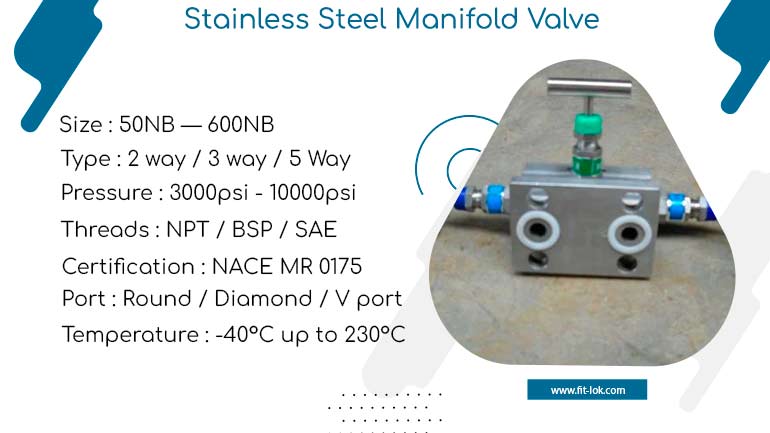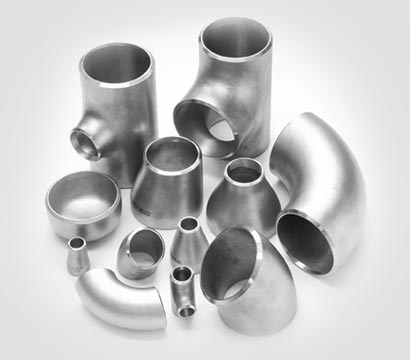SS 304 Manifold Tuning Valve Manufacturer

SS 304 Manifold Tuning Valve: An In-depth Overview
Introduction to SS 304 Manifold Tuning Valve
The SS 304 manifold tuning valve is a critical component used in various industries to regulate the flow of fluids in a controlled manner. Made from stainless steel grade 304, this valve is designed to manage and adjust the pressure and flow rates within a manifold system, making it an indispensable tool in systems that require precise flow regulation, such as HVAC, industrial processes, and fluid control systems.
SS 304, or Stainless Steel 304, is one of the most commonly used grades of stainless steel, known for its excellent corrosion resistance, strength, and versatility. It is often the material of choice in applications where durability, cleanliness, and resistance to oxidation and corrosion are essential.
Key Features and Benefits
-
Corrosion Resistance:
SS 304 is highly resistant to corrosion, making it suitable for use in environments exposed to moisture, chemicals, and high-temperature conditions. This characteristic ensures that the manifold tuning valve remains reliable and functional over an extended period, even in harsh environments. -
Durability:
The robust nature of SS 304 ensures that the manifold tuning valve can withstand significant mechanical stress. This durability is vital in industrial applications where components are subjected to constant pressure and flow fluctuations. -
Ease of Maintenance:
The smooth, non-porous surface of SS 304 is easy to clean and maintain, which is especially important in industries that require high standards of hygiene, such as food processing or pharmaceuticals. -
Temperature Tolerance:
SS 304 can handle a wide range of temperatures, both high and low, which makes it a versatile material for manifold tuning valves in systems that operate under varying temperature conditions. -
High Strength:
The material provides excellent tensile strength and resistance to deformation, ensuring the valve operates efficiently without being easily compromised under pressure.
Applications of SS 304 Manifold Tuning Valve
-
HVAC Systems:
In Heating, Ventilation, and Air Conditioning (HVAC) systems, the SS 304 manifold tuning valve is used to control the flow of air or fluid, ensuring that systems maintain the required pressures and flow rates for optimal performance. -
Industrial Fluid Systems:
The manifold tuning valve plays a crucial role in industrial applications where precise flow control is required, such as chemical processing, oil and gas, and water treatment plants. Its ability to adjust the flow rate ensures that the processes are carried out efficiently and safely. -
Automated Control Systems:
In automated manufacturing or processing systems, these valves help control the flow of materials or fluids within a complex network of pipelines or manifolds. This application is critical for maintaining consistent production rates and avoiding any system disruptions. -
Power Plants:
In power generation facilities, manifold tuning valves are used to regulate the flow of fluids through various sections of the plant, such as steam systems and cooling circuits. The precise flow control helps in maintaining plant efficiency and safety. -
Water and Wastewater Treatment:
In water and wastewater treatment plants, controlling the flow of water through treatment stages is essential. SS 304 manifold tuning valves ensure that flow rates are consistent, enabling effective filtration, chemical treatment, and waste removal processes.
How SS 304 Manifold Tuning Valve Works
A manifold tuning valve operates by adjusting the flow of fluids within a system through the use of a valve mechanism, which may include manual or automated controls. The valve allows operators to fine-tune the system by changing the pressure or flow rate in response to system needs or external conditions. The valve typically has a handwheel or actuator that controls the valve opening, thereby influencing the volume of fluid passing through the system.
In manifold systems, multiple valves can be incorporated to manage different fluid flow paths. These systems ensure that the right amount of pressure and flow is maintained across all connected components. The manifold tuning valve acts as a central control point, ensuring that the system runs smoothly and efficiently.
Types of SS 304 Manifold Tuning Valves
-
Manual Manifold Tuning Valve:
These valves are operated manually by the user, who adjusts the valve handle to control the flow rate. They are ideal for applications where fine adjustments are needed and where automation is not required. -
Motorized or Pneumatic Manifold Tuning Valve:
For more sophisticated systems, motorized or pneumatic versions are used. These valves are controlled by an external motor or air pressure, allowing for automated flow control in response to pre-set parameters or sensor inputs. -
Pressure-Reducing Manifold Tuning Valve:
In some applications, the valve may be used to reduce the pressure of the fluid in a manifold system. These valves are designed to manage the pressure levels and ensure that the system does not exceed its operational limits. -
Flow Control Manifold Tuning Valve:
These valves are specifically designed to regulate the flow rate of fluids passing through a manifold. They are often used in applications where precise flow control is necessary, such as in chemical mixing or fluid transfer processes.
Installation and Maintenance
Installation:
The installation of an SS 304 manifold tuning valve requires careful planning to ensure that the valve is placed in the correct position within the system. Proper alignment and sealing are essential to prevent leaks and ensure efficient operation. The valve should be connected to the manifold system using the appropriate fittings and gaskets to prevent fluid loss or contamination.
Maintenance:
Regular maintenance of the manifold tuning valve is essential for ensuring its longevity and performance. Common maintenance tasks include inspecting the valve for signs of wear or damage, cleaning the valve to remove any built-up residue, and lubricating the valve components to maintain smooth operation. It is also important to check for leaks and replace any worn-out seals or gaskets to avoid performance issues.
Conclusion
The SS 304 manifold tuning valve is an essential component in a wide range of industries, offering precise control over fluid flow and pressure. With its durability, corrosion resistance, and ability to perform under extreme conditions, SS 304 is an ideal material for this type of valve. Whether in HVAC systems, industrial processes, or power plants, manifold tuning valves help maintain the efficiency and safety of fluid systems, making them a crucial part of modern engineering. By understanding its features, applications, and working principles, businesses can optimize their systems to achieve better performance and reliability.
What's Your Reaction?

























































